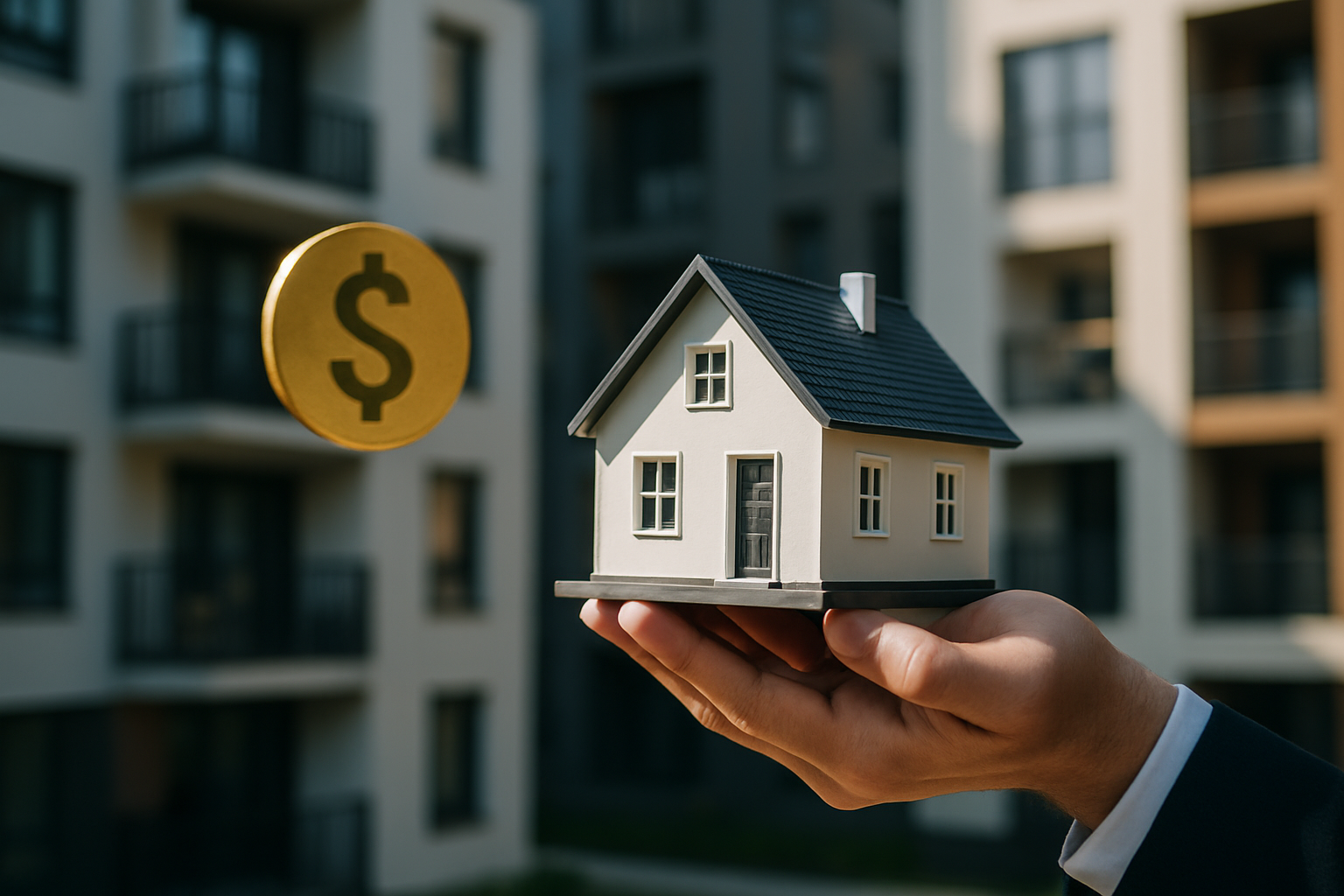Discover Affordable Repossessed Houses in Germany Housing Market
For individuals in Germany seeking a new home without a substantial budget, the option of repossessed houses offers a potential solution. These properties, often sold at surprising values due to their status, can provide an opportunity for homeownership. A thorough understanding of the process and benefits associated with acquiring confiscated houses can help navigate this avenue effectively.

Exploring Repossessed Houses as a Viable Housing Option
Repossessed houses in Germany represent a specialized segment of the real estate market with distinct characteristics. These properties become available when homeowners can no longer meet their mortgage obligations, prompting banks to take possession through legal proceedings. Unlike regular property sales, repossessed houses in Germany are typically sold through specific channels, including foreclosure auctions (Zwangsversteigerungen) held at local district courts (Amtsgerichte) or directly through the financial institutions’ real estate platforms.
The primary advantage of considering repossessed properties lies in their pricing. These houses often sell for 10-30% below comparable market properties, creating opportunities for significant savings. However, prospective buyers should understand that these discounts come with trade-offs. Many repossessed properties require renovation work, may have limited viewing opportunities before purchase, and often come with stricter payment terms than traditional property sales.
Understanding the Process of Acquiring Confiscated Properties
The acquisition process for repossessed houses in Germany follows a structured legal framework that differs from standard property purchases. Interested buyers must first research available properties through official channels. The primary sources include court-announced foreclosure auctions published in newspapers and online platforms, bank-owned property listings, and specialized real estate agents dealing with distressed properties.
For court auctions (Zwangsversteigerungen), buyers must register their interest and prepare a security deposit (Sicherheitsleistung) of approximately 10% of the property’s assessed value. The auctions follow strict procedural rules, with properties typically awarded to the highest bidder. Alternatively, bank-owned properties (often called REO or Real Estate Owned) may be purchased through more conventional sales processes, though still with distinctive requirements regarding inspection limitations and payment terms.
Crucial documentation for potential buyers includes the property assessment report (Verkehrswertgutachten), which provides details about the property’s condition and estimated value. This report, though informative, should not replace personal due diligence. Buyers should, whenever possible, arrange property inspections and research any potential legal encumbrances before committing to purchase.
Benefits of Investing in Foreclosure Homes for Sale
Investing in foreclosed properties in Germany offers several strategic advantages beyond the initial purchase price discount. First, these properties present significant potential for value appreciation through targeted renovations and improvements. Buyers with construction knowledge or renovation experience can leverage their skills to increase property values substantially, creating equity that wouldn’t be possible with market-priced properties.
Second, the German housing market remains relatively stable compared to many European counterparts, providing a solid foundation for long-term investment. Particularly in growing urban areas and surrounding regions, property values have shown consistent appreciation patterns that benefit investors willing to identify and develop undervalued assets such as repossessions.
Additionally, repossessed properties can serve multiple investment purposes. They may be renovated for resale (flipping), developed into rental units to generate ongoing income, or transformed into owner-occupied homes with built-in equity. This versatility makes them attractive to different types of investors with varying financial goals and timelines.
Navigating Potential Challenges in Repossessed Property Purchases
While repossessed properties offer compelling opportunities, they also present unique challenges that buyers should carefully consider. The most significant concern involves property condition and potential hidden defects. Unlike traditional sales where sellers must disclose known issues, repossessed properties typically come with limited disclosures and are sold “as-is” (wie besehen), placing greater responsibility on the buyer for discovery and assessment.
Financing repossessed properties can also prove more complex than standard home purchases. Many German banks require higher down payments for foreclosed properties—often 30-40% compared to the 20% typical for regular purchases. This reflects the perceived additional risk associated with these transactions. Furthermore, some financial institutions may impose stricter lending criteria or higher interest rates for repossessed property purchases.
Real Costs and Market Comparison of Repossessed Houses in Germany
The pricing advantage of repossessed properties varies by location, property condition, and market circumstances. In major German cities like Munich, Frankfurt, or Berlin, where housing demand remains exceptionally high, repossessed properties might sell for 10-15% below market value. In less competitive regions, discounts of 20-30% are more common. However, these savings must be weighed against potential renovation costs, which typically range from €200-€1,000 per square meter depending on the property’s condition and desired quality standard.
| Property Type | Average Discount | Typical Renovation Cost | Primary Acquisition Method |
|---|---|---|---|
| Apartment Units | 10-15% | €200-€500/m² | Direct bank sales |
| Single-Family Homes | 15-25% | €300-€800/m² | Court auctions |
| Multi-Unit Buildings | 20-30% | €400-€1,000/m² | Bank portfolios |
| Commercial/Residential Mix | 15-25% | €500-€1,200/m² | Private negotiations |
Prices, rates, or cost estimates mentioned in this article are based on the latest available information but may change over time. Independent research is advised before making financial decisions.
Successful navigation of Germany’s repossessed property market requires thorough knowledge of local procedures, careful financial planning, and realistic assessment of both the property’s current condition and renovation potential. Prospective buyers should consider consulting with specialized real estate agents familiar with foreclosure processes, as well as legal advisors who understand the unique aspects of these transactions in the German context.
Conclusion
Repossessed houses represent a significant opportunity within Germany’s housing market for those prepared to manage the additional complexities involved. The potential for below-market acquisition prices makes these properties attractive to both first-time homebuyers seeking affordable entry into homeownership and experienced investors looking for value-add opportunities. By understanding the specialized acquisition processes, conducting thorough due diligence, and realistically assessing renovation requirements, buyers can successfully leverage these properties to achieve their housing or investment goals in Germany’s otherwise competitive real estate landscape.




